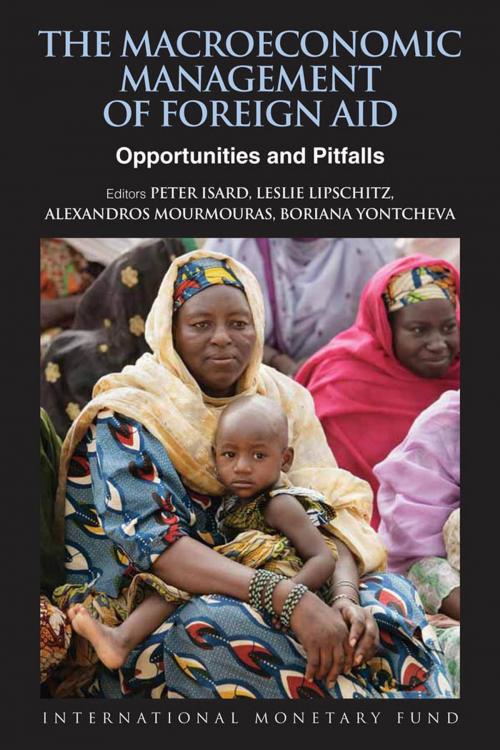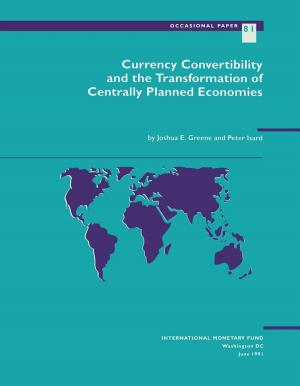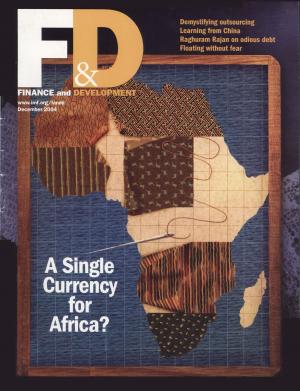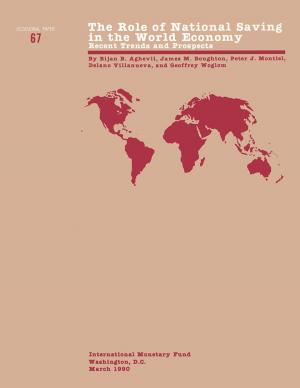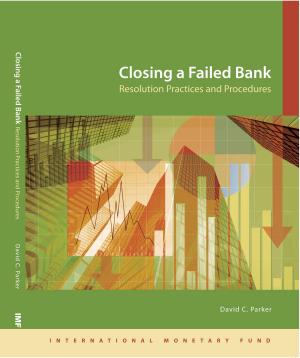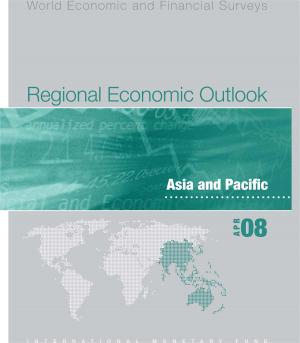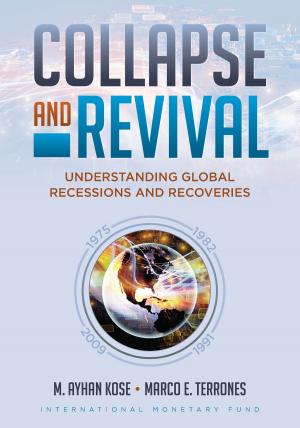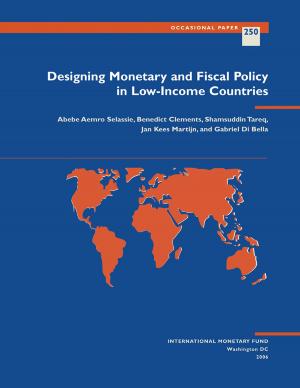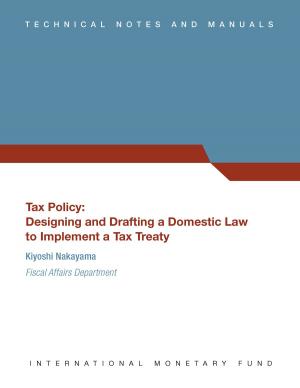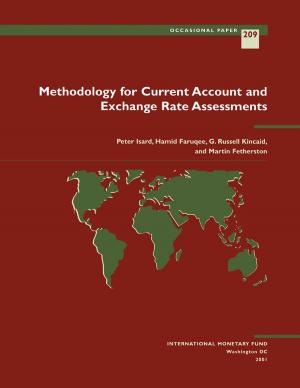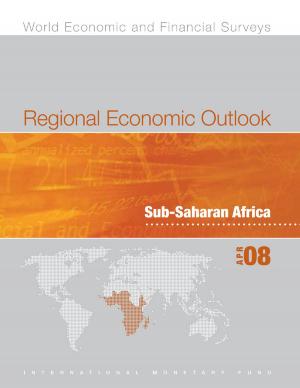The Macroeconomic Management of Foreign Aid: Opportunities and Pitfalls
Business & Finance, Economics, Public Finance, Finance & Investing, Banks & Banking, Macroeconomics| Author: | Boriana Yontcheva, Peter Mr. Isard, Leslie Mr. Lipschitz, Alex Mr. Mourmouras | ISBN: | 9781451989557 |
| Publisher: | INTERNATIONAL MONETARY FUND | Publication: | April 21, 2006 |
| Imprint: | INTERNATIONAL MONETARY FUND | Language: | English |
| Author: | Boriana Yontcheva, Peter Mr. Isard, Leslie Mr. Lipschitz, Alex Mr. Mourmouras |
| ISBN: | 9781451989557 |
| Publisher: | INTERNATIONAL MONETARY FUND |
| Publication: | April 21, 2006 |
| Imprint: | INTERNATIONAL MONETARY FUND |
| Language: | English |
Relatively slow progress toward meeting the Millennium Development Goals (MDGs) by their 2015 target date has added urgency to the challenge of reducing global poverty. The authors of this new book--who include scholars from the IMF, World Bank, Oxford University, and the Center for Global Development--argue that the MDGs cannot be achieved without a substantial scaling up of foreign aid. They show how such increased aid flows must be managed effectively to ensure the greatest benefit. And they offer analysis and insight on a variety of macroeconomic policy implications that both donors and recipients should consider.
Relatively slow progress toward meeting the Millennium Development Goals (MDGs) by their 2015 target date has added urgency to the challenge of reducing global poverty. The authors of this new book--who include scholars from the IMF, World Bank, Oxford University, and the Center for Global Development--argue that the MDGs cannot be achieved without a substantial scaling up of foreign aid. They show how such increased aid flows must be managed effectively to ensure the greatest benefit. And they offer analysis and insight on a variety of macroeconomic policy implications that both donors and recipients should consider.
